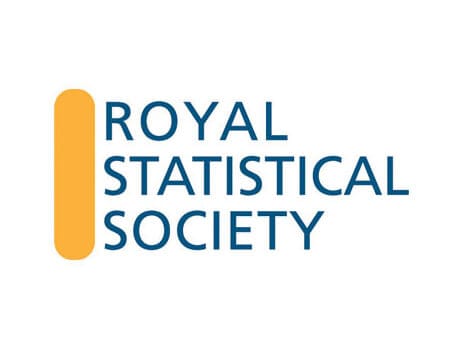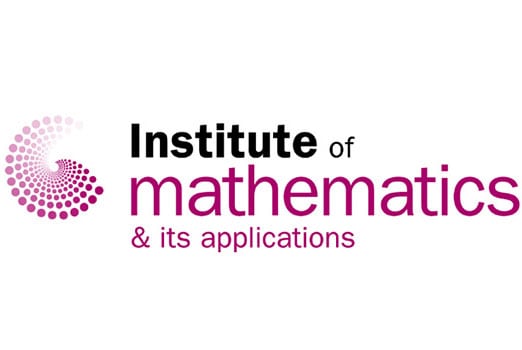Mathematics is an incredibly powerful subject that sits at the foundation of all science and technology. At its core it is the study of change, patterns, quantities, structures and space, and you will learn how to see the beauty of maths in everything; from patterns in nature, geometry in buildings, and relationships in data. You will be able to find and develop your passions, whether that be in statistics, data science, machine learning, probability, geometryor algebra.
Here at the School of Mathematical Sciences, we know that mathematics and statistics have a positive influence on almost all aspects of contemporary society. Our statistical experts are driving innovations in data science and AI, which are enhancing our day to day lives. As a statistician, you are open to a huge range of career paths, from developing personalised healthcare to cyber security, finance to neuroscience, epidemiology to natural hazard risk management.
Broaden your horizons
Enrich your university experience with a year overseas at one of our partner universities. In Year 3, head out to start your adventure and immerse yourself in a different cultural and academic community. We’ll support you all the way!
What to expect
Our five-year MSci Hons Mathematics and Statistics (Study Abroad) degree begins by building your understanding of mathematical methods and their application in problem solving. You will explore a wide range of mathematical topics, including multivariable calculus, probability and statistics, logic, proofs and theorems.
In Year 2, as well as deepening your mathematical knowledge in analysis, algebra, probability and statistics, you will start to work on both individual and group projects which will enhance your research and employment skills.
As you return from studying abroad into Year 4, you can choose modules that appeal to your interests, enabling you to delve deeper and gain the specialist skills and knowledge needed to guide you towards a specific career pathway. This could be in areas such as financial mathematics, medical or environmental statistics, forecasting, AI, epidemiology or statistical ecology. You will learn how to visualise data, create reliable statistical models and machine learning algorithms, and study effective strategies for the deployment of these methods. You will then learn how to communicate your findings to the end-user.
Master’s-level training
You can advance your degree in Year 5 by studying Master’s modules and undertaking a major research project. This project will be supervised by an active researcher or undertaken as part of a collaborative industry project.
Personal development
You will develop valuable transferable skills in data visualisation, data analysis, statistical modelling, problem-solving and computing, all of which make you highly desirable to future employers. These skills are honed by working in collaboration with fellow students, ruminating on theories and testing them out, delivering presentations and communicating your research results.
We hope you find your year overseas personally enriching. Our students often tell us that they return feeling more confident, self-assured and with a broader perspective to take into job interviews.
A supportive community
To help you transition from A-level to degree-level study, the School of Mathematical Sciences hosts weekly workshops, problem-solving classes, and one-to-one sessions. If you wish to engage with mathematics beyond that, the MathSoc hosts a weekly Maths Café that includes access to academic support and a casual space to chat with other students.
3 things our mathematics students want you to know:
- Our statisticians carry out amazing research such as developing solutions in epidemiology, medicine, infectious disease modelling, environmental modelling and understanding rare events. It’s so interesting and we get to learn about it first-hand!
- Maths is beautiful. You will see it for yourself. Once you begin learning, you start to see maths everywhere in life, all around us in nature and architecture, and that makes it easier to imagine the future possibilities
- Mathematics and statistics at Lancaster are incredibly collaborative. You will bounce ideas around with experts, or with students from all years. Our thriving postgraduate research student community has been right where we are, asking the same questions, and there’s even opportunities to talk with them and learn from them








